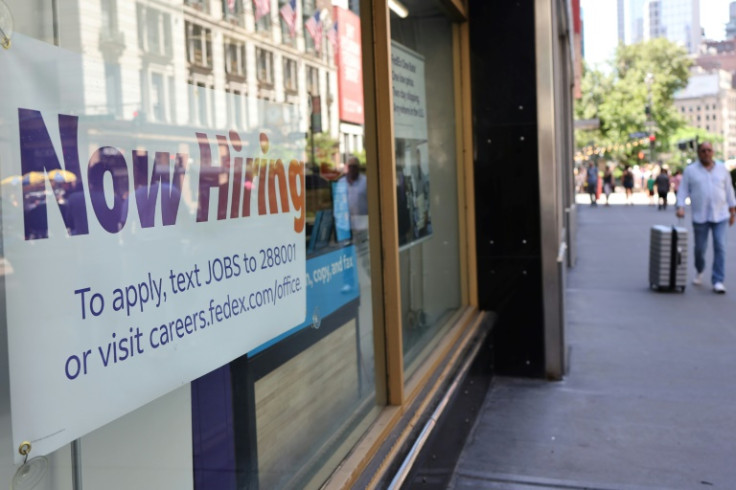Job Market Cools Sharply As Hiring Slows, Claims Rise And Layoffs Surge

The U.S. labor market lost momentum in August, with fresh data showing fewer job openings, weaker hiring, and rising layoffs—signs of a cooling economy that could weigh heavily on the Federal Reserve's next policy move.
According to Reuters, job openings fell by 176,000 in July to 7.18 million, the lowest level in nearly a year. The decline reflects softer demand for workers as companies scale back amid slowing growth and uncertainty over trade and interest rates.
The ADP National Employment Report, released Thursday, showed private employers added just 54,000 jobs in August, well below expectations of 65,000 and down from 106,000 in July. "The labor market has clearly shifted gears," said Nela Richardson, ADP's chief economist, in the release. "We are seeing employers act with more caution as demand softens."
The weakness extended to government data as well. Initial jobless claims rose to 237,000 last week, the highest level since June, Bloomberg reported. The Associated Press noted that while claims remain in a historically healthy range, the increase signals that layoffs are spreading more broadly.
Employers also announced a surge in layoffs. According to The Guardian, job cuts jumped 39 percent in August, reaching 85,979—the highest August total since 2020. The paper added that, for the first time since the pandemic, unemployed Americans now outnumber available job openings, a reversal of the worker-shortage era that defined the past few years.
Broader business sentiment is also cooling. The Federal Reserve's Beige Book, a survey of economic conditions through August 25, highlighted "slower hiring" and "more cautious employers," according to MarketWatch. The report also noted that consumer spending was softening in several regions, even as inflation pressures eased compared with last year.
Markets responded swiftly to the labor data. The benchmark 10-year Treasury yield slipped to 4.19 percent as investors raised bets that the Fed will adopt a more dovish stance at its September policy meeting. Equities wavered but held largely steady, with traders weighing the prospect of rate cuts against concerns about a weakening economy.
Economists warn that the slowdown could mark a turning point. "The labor market has been the backbone of this expansion," said Joseph Brusuelas, chief economist at RSM, speaking to Reuters. "If it weakens further, it will test the Fed's ability to cut rates without tipping the economy into a broader downturn."
For workers, the cooling job market means fewer opportunities and tougher competition. For policymakers, the challenge now is striking the right balance—easing rates enough to support growth, but not so much that inflation re-ignites.
© Copyright IBTimes 2025. All rights reserved.





















